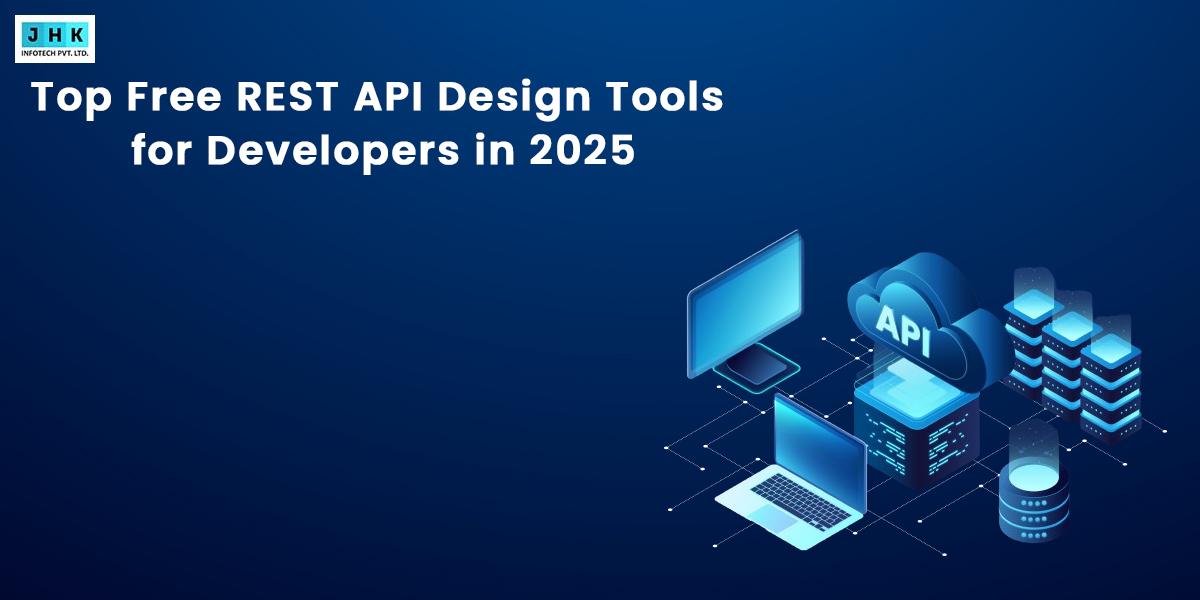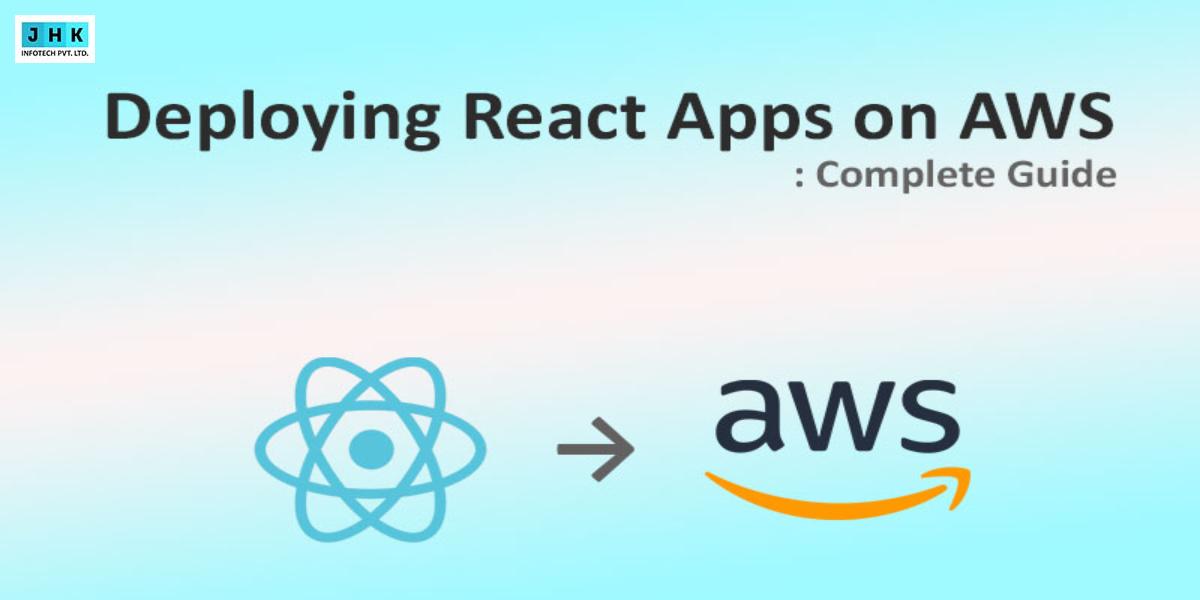How to Hire the Right Mobile App Design Company

The digital age demands mobile apps that not only meet functional requirements but also delight users with engaging design and smooth functionality. Finding the right mobile app design company is essential to bring your vision to life and ensure your app’s success. With the proliferation of design firms claiming expertise, selecting the right partner can feel overwhelming. This article will guide you through the critical steps to identify and hire the best mobile app design company for your needs, ensuring that your investment results in an app that satisfies both your business objectives and users.
Importance of Hiring the Right Mobile App Designers
Choosing a competent mobile app design company is a pivotal decision that influences not just the aesthetic appeal of your app, but also its usability, functionality, and long-term success. A well-designed app with an intuitive user interface can captivate users and drive higher engagement. Conversely, poor design leads to frustration, reduced retention, and negative reviews. A talented design firm aligns your goals with a seamless user experience (UX) and exceptional user interface (UI) design, while also incorporating the latest technologies for functionality. With mobile apps becoming the face of brands, hiring the right design company ensures that your app stands out in a saturated market.
Key Factors That Make a Mobile App Design Company Stand Out
When evaluating potential design partners, certain attributes set the best apart from the rest. The first is a strong portfolio that demonstrates creativity, technical proficiency, and versatility across various industries. Experience with both front-end design and back-end functionality is crucial to ensure that the app is both visually compelling and technically sound. A good design company will also prioritize user-centric design, ensuring that the app’s design is not just aesthetically pleasing, but intuitive and easy to navigate. Additionally, the company’s ability to stay updated with emerging trends, industry standards, and the latest technologies will be crucial for keeping your app ahead of the curve.
Mobile App Requirements Before Hiring a Design Company
Identifying Your Business Goals and App Objectives
Before engaging a design company, it is vital to clearly define your business goals. Are you aiming to increase customer retention, expand your market reach, or improve internal processes? These goals should guide the design of the app. Additionally, setting clear objectives for the app’s functionality will help narrow down your options and ensure the design team understands your vision.
Deciding Between Native, Hybrid, and Web App Development
One of the earliest decisions you’ll need to make is whether you want a native app (specific to one platform, like iOS or Android), a hybrid app (built to work across multiple platforms), or a web app (accessed through a browser). Each type has its advantages and limitations in terms of development costs, functionality, and user experience. A professional design company will help you evaluate these factors based on your objectives and provide recommendations accordingly.
Essential Features Your Mobile App Should Have
Identify the core features your app must include. This might be user authentication, in-app purchases, social sharing, or location services. Discuss these features with potential design companies to assess their experience and technical capabilities in implementing them.
Target Audience and User Experience Expectations
Your app’s design must resonate with its intended audience. Are you targeting a tech-savvy demographic that demands cutting-edge features, or are you aiming at a broader user base seeking simplicity and ease of use? Ensure the design company has experience in creating apps for your target demographic, as a deep understanding of your users’ behaviors and expectations is key to crafting an app that resonates with them.
Researching and Shortlisting Potential Mobile App Design Companies
Where to Find Reputable Mobile App Design Companies
Finding reputable design companies requires a blend of online research and word-of-mouth recommendations. Platforms like Clutch, Upwork, and Behance are useful for discovering top-tier companies, but don’t forget to ask peers in your industry or network for their experiences with app design firms.
Evaluating Company Portfolios for Design Excellence and Innovation
A company’s portfolio is its best testament to its capabilities. Review their past projects and assess whether their design style aligns with your vision. Pay attention to design consistency, creativity, and whether they have worked on apps with similar functionalities to your requirements. Innovative solutions and attention to detail should be evident in the portfolio.
Checking Client Testimonials, Case Studies, and Reviews
Client testimonials offer valuable insights into a company’s work ethic and ability to meet deadlines. Dive deeper into case studies to understand how they solved complex design problems. Online reviews and ratings can provide an overall picture of their reputation and customer satisfaction.
Comparing Pricing Models and Value for Money
Although pricing is a crucial element, it should not be the only factor influencing your decision. Understand the pricing model—whether they charge per hour, fixed project rates, or on a retainer basis—and what is included in the cost. Evaluate the quality of service you will receive for the price and seek a company that provides value through experience, quality, and timely delivery.
Assessing the Expertise and Experience of a Mobile App Design Company
The Importance of Industry-Specific Experience
While general experience is valuable, companies with industry-specific experience will have an edge. Their understanding of the unique challenges your industry faces will help streamline the design process and ensure that your app is well-tailored to meet market expectations.
Understanding Their Design Process and Workflow
A clear, organized design process is essential for smooth project execution. Ask potential companies about their methodology—whether they follow a traditional waterfall model or a more iterative agile approach. A transparent workflow with regular check-ins ensures your vision is maintained throughout the project.
Checking for UI/UX Expertise and User-Centered Design Approach
Exceptional UI/UX design is at the core of any successful app. Ensure the design company prioritizes user experience and employs best practices for user-centered design. Ask how they gather feedback, create wireframes, and test user flows to optimize the user experience.
Verifying Their Technical Proficiency with Latest Technologies
Mobile app design isn’t just about aesthetics—it’s also about functionality. Confirm that the design company is proficient in the latest development technologies and frameworks, such as React Native, Flutter, or Swift, to ensure that your app is scalable, robust, and future-proof.
Questions to Ask Before Hiring a Mobile App Design Company
What Tools and Technologies Do You Use for App Design?
Inquire about the tools and technologies they use for both the design and development process. Tools like Figma, Sketch, and Adobe XD are common for design, while development might involve languages like Swift, Kotlin, or JavaScript frameworks. Ensure their tools are industry-leading and support your app’s requirements.
Can You Share Examples of Your Previous Work?
Request to see examples of past work that are relevant to your project. Look for consistency in design quality and technical execution.
How Do You Handle User Research and Wireframing?
User research is critical in shaping an app’s design. Ask the company how they incorporate user feedback, whether they perform usability tests, and how wireframing fits into their design process.
What Is Your Approach to Prototyping and Usability Testing?
Prototyping is a crucial stage in app design. Find out how the company creates prototypes and how they conduct usability testing to validate design decisions and ensure the app meets user expectations.
How Do You Ensure Consistent Branding and Aesthetics?
Branding consistency across your app is essential for creating a strong identity. Ask how the design company incorporates branding guidelines and visual identity into the app design to maintain cohesion.
Design and Development Collaboration Process
How Designers and Developers Work Together for a Seamless Experience
Successful mobile app development relies on close collaboration between designers and developers. Ask how they integrate design and development processes to ensure a cohesive, functional final product.
Importance of Agile and Iterative Design Methodologies
Agile methodologies promote flexibility and iterative progress, allowing for continuous improvement based on user feedback. Understand how the company applies agile practices to keep the project on track and adaptable to changes.
Setting Clear Communication and Feedback Loops
Frequent communication and feedback loops are crucial to the success of any design project. Ensure that the company has a clear process for regular updates and client input throughout the design and development phases.
Evaluating Project Timelines and Delivery Milestones
How Long Should a Mobile App Design Project Take?
The timeline for designing a mobile app can vary depending on the complexity and scope of the project. While simple apps may take a few months, more complex apps could take six months or longer.
Key Phases of the Design Process and Their Expected Timelines
The app design process typically involves discovery, wireframing, prototyping, and development. Ask for a detailed timeline that includes milestones for each stage to ensure that expectations are met.
How to Handle Delays and Project Management Challenges
Delays are sometimes unavoidable, but a professional design company will manage setbacks proactively. Ask how they handle project management challenges, such as scope changes or delays, and how they communicate updates.
Analyzing Post-Launch Support and Maintenance Services
Why Ongoing Support is Crucial for App Success
After your app is launched, the true work starts. Post-launch support ensures that bugs are fixed, updates are rolled out, and the app continues to meet user needs. Ask about the company’s support and maintenance services to ensure they offer long-term solutions.
Understanding Their Policy on Bug Fixes and Updates
Clear policies on bug fixes and regular updates will help maintain the app’s functionality over time. Ensure that the company provides post-launch services for troubleshooting and optimizing the app.
Evaluating Their Long-Term Maintenance and Scaling Strategies
As your app gains users, you will need to scale its functionality and performance. Ask how the company plans for scalability and future maintenance to ensure the app evolves alongside your business needs.
Ensuring Security and Confidentiality in Your Mobile App Design Project
Signing Non-Disclosure Agreements (NDAs) for Data Protection
Ensure that the design company is committed to protecting your intellectual property and sensitive business data. Signing an NDA is a standard practice that ensures confidentiality throughout the development process.
Understanding Their Security Measures for Sensitive Information
Ask about the security measures they implement to protect user data, such as encryption, secure authentication, and compliance with data privacy regulations like GDPR.
How They Handle Intellectual Property and Ownership Rights
Clarify the ownership rights of your app’s design and code. A reputable company will ensure that you retain full ownership of the final product, including all intellectual property.
Comparing Cost vs. Quality When Hiring a Mobile App Design Company
Why Cheaper Isn’t Always Better in Mobile App Design
While budget is an important consideration, cutting corners on design can result in a subpar product. Focus on value—choosing a company that offers a balance of cost, quality, and expertise will deliver better returns in the long term.
Maximizing the Return on Investment for Your Project
To maximize your return on investment, ensure that the app design company understands your business objectives and aligns the design process with those goals. The result will be an app that delivers meaningful business outcomes.
Budgeting Smartly Without Compromising on Quality
Smart budgeting involves planning for design, development, and ongoing maintenance. Consider both upfront and long-term costs, and avoid the temptation to skimp on quality.
Checking Compatibility and Cultural Fit with the Design Team
Why Team Dynamics and Collaboration Matter in App Design
The success of your project relies on good collaboration between your team and the design company’s team. Assess whether the design company values teamwork and transparent communication to ensure the design process is seamless.
Assessing Their Willingness to Adapt to Your Business Vision
A design company should be flexible and open to evolving your ideas. Assess whether they’re willing to adapt their approach to match your unique business goals and vision for the app.
Understanding Their Work Culture and Communication Style
Cultural fit matters for smooth project management. Ensure that the design company’s work culture aligns with your own team’s values and communication preferences.
Red Flags to Watch Out for When Hiring a Mobile App Design Company
Lack of Transparency in Pricing and Project Scope
Any ambiguity around pricing, timelines, and project scope should raise concern. A reliable design company will provide clear, transparent proposals, including detailed deliverables and milestones.
Unclear Communication and Unresponsive Support
Poor communication is often a sign of future project management issues. Ensure that the design company is responsive and proactive in addressing your concerns throughout the hiring process.
Poor Portfolio Quality and Limited Case Studies
A lack of comprehensive portfolio examples or detailed case studies is a significant red flag. A credible company should have a strong track record of successful projects that reflect their ability to meet various client needs.
Unrealistic Promises and Overpromising Results
Beware of companies that overpromise results or offer guarantees that sound too good to be true. The best design companies focus on providing realistic expectations and deliverables.
The Role of Mobile App Prototyping in Hiring the Right Company
Why Prototypes Are Essential for Evaluating Design Quality
Prototyping allows you to test an app’s design before committing to full development. It provides an opportunity to validate design choices, check user flows, and make necessary adjustments.
How to Request a Prototype Before Committing to a Full Project
Before signing a contract, request a prototype to evaluate the company’s design abilities. This gives you a tangible sense of their capabilities and helps ensure the final product meets your expectations.
What to Look for in a High-Quality App Prototype
A high-quality prototype should be interactive, user-friendly, and closely resemble the final app. Evaluate how well it represents your brand, its usability, and its alignment with your goals.
Leveraging Client References to Validate a Mobile App Design Company
How to Reach Out to Previous Clients for Honest Feedback
Client references provide an unfiltered view of a design company’s work. Reach out to past clients and ask about their experience with the company, specifically regarding design quality, deadlines, and communication.
What Questions to Ask About Their Experience with the Company
When speaking with references, ask about the company’s reliability, problem-solving skills, and ability to meet expectations. Find out if they would hire the company again for future projects.
Recognizing Patterns in Client Satisfaction and Concerns
Listen for recurring themes in client feedback—both positive and negative. If several references express the same concerns or praise the company for similar qualities, it can help you make an informed decision.
The Final Decision: How to Choose the Best Mobile App Design Partner
Creating a Scorecard to Compare and Rank Potential Companies
To ensure a methodical approach, create a scorecard to rate each company based on criteria such as expertise, portfolio quality, pricing, communication, and overall compatibility.
Balancing Cost, Expertise, and Long-Term Compatibility
Weigh the pros and cons of each potential partner carefully. Consider how well their expertise aligns with your needs, their pricing structure, and their ability to support your app in the long term.
Trusting Your Instincts and Making a Confident Hiring Choice
While research and due diligence are crucial, don’t underestimate the importance of trust and intuition in making your final decision. Choose a company that feels like the right fit for your vision, communication style, and long-term goals.
Final Thought
Selecting the right mobile app design company is not a task to be taken lightly. Thoroughly assessing companies based on their expertise, design methodology, previous projects, and alignment with your business objectives ensures that you select a partner capable of delivering an app that surpasses expectations. Take the time to make an informed decision, and the right design company will help bring your app to life with exceptional results.










